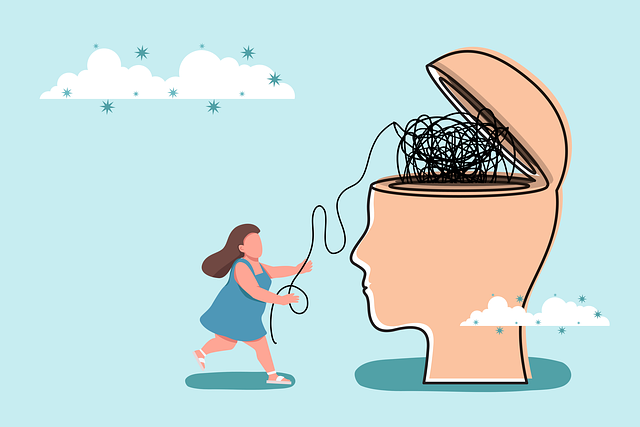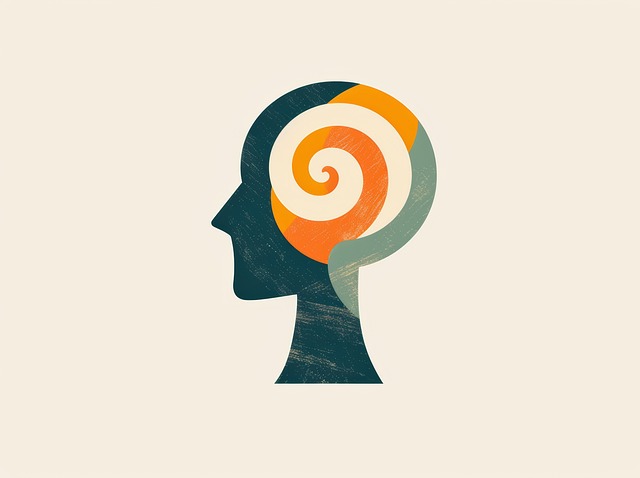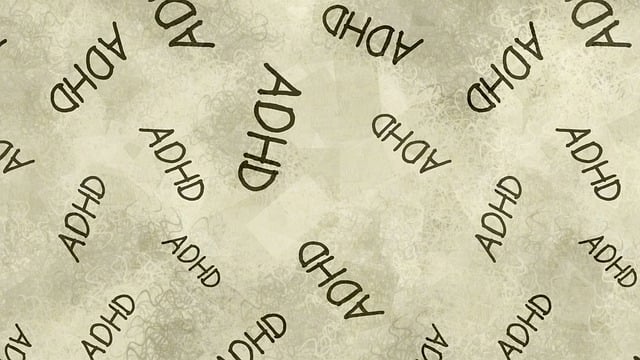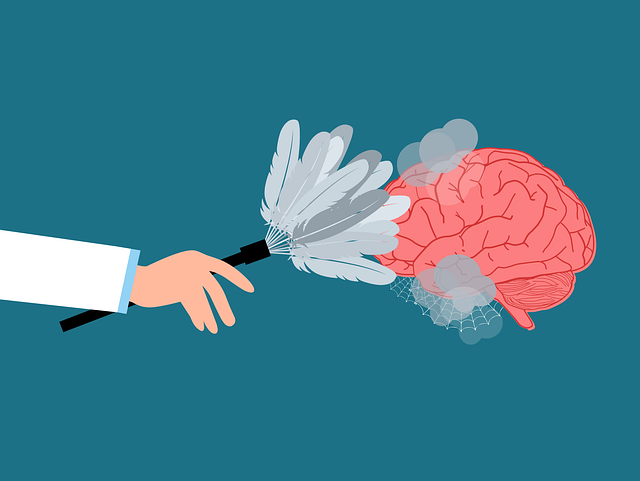Mental wellness groups provide a supportive network for individuals to connect, learn, and heal through open discussions and peer support, addressing anxiety relief to self-esteem improvement. Facilitators guide participants using diverse therapeutic techniques, including Mental Health Policy Analysis, Self-Care Practices, and Superior Spiritual-Religious Issues Therapy, fostering personal growth and community building. This inclusive approach enhances mental wellness, offers stress management tools rooted in faith, and encourages open conversations about spiritual beliefs, ultimately boosting overall well-being.
Mental wellness group facilitation is an art that fosters collective healing. This article explores the intricacies of leading such groups, focusing on the benefits and unique challenges. We delve into the pivotal role facilitators play in creating safe spaces for shared experiences. Furthermore, it examines how integrating spiritual and religious aspects in therapy can enhance connections and understanding. Discover effective techniques to engage participants, foster support, and facilitate meaningful discussions, making your group sessions transformative and inclusive.
- Understanding Mental Wellness Groups and Their Benefits
- The Role of a Facilitator in Group Therapy Settings
- Incorporating Spiritual-Religious Issues into Group Discussions
- Effective Techniques for Group Engagement and Support
Understanding Mental Wellness Groups and Their Benefits

Mental wellness groups offer a supportive environment where individuals with shared experiences or challenges can come together to connect, learn, and heal. These groups address a wide range of issues, from anxiety relief and stress management to self-esteem improvement and compassion cultivation practices. By facilitating open discussions, group activities, and peer support, mental wellness groups empower participants to navigate their emotional journeys more effectively.
One of the significant advantages of participating in such groups is the sense of community they foster. Members gain access to a network of like-minded individuals who understand their struggles, providing a safe space for vulnerability and authentic expression. Moreover, engaging in group therapy can enhance coping strategies and promote personal growth by addressing underlying spiritual-religious issues that may be contributing to mental health challenges.
The Role of a Facilitator in Group Therapy Settings

In group therapy settings, the role of a facilitator goes beyond moderating discussions. They act as guides, fostering an environment conducive to open and honest sharing while navigating complex dynamics among participants. A skilled facilitator ensures every voice is heard, encouraging active participation through structured yet flexible sessions that adapt to the unique needs of the group. They facilitate not only conversations but also the process of self-reflection and personal growth by incorporating techniques from Mental Health Policy Analysis and Advocacy, Self-Care Practices, and even elements from Superior Spiritual-Religious Issues Therapy, creating a holistic support system.
Through active listening and thoughtful prompting, facilitators help members explore their feelings, gain new perspectives, and develop coping strategies. They promote a sense of community, safety, and belonging, which is essential for mental wellness. By balancing structure with flexibility, they cater to diverse backgrounds and experiences, making group therapy accessible and beneficial to all participants. This approach not only enhances individual healing but also contributes to the collective well-being of the group, often leading to productive conversations that extend beyond the therapy room, enhancing the Mental Wellness Podcast Series Production potential for continued support and advocacy.
Incorporating Spiritual-Religious Issues into Group Discussions

Incorporating spiritual-religious issues into group discussions can provide a powerful framework for enhancing mental wellness and facilitating healing. As people navigate their emotional journeys, exploring faith and spirituality can offer a sense of purpose and connection, which are essential components of resilience building. Many individuals find solace in sharing and discussing their beliefs as a means of stress management and crisis intervention guidance. Facilitators play a crucial role in creating a safe space where diverse spiritual perspectives are respected and valued.
This inclusive approach not only encourages open conversations but also allows participants to tap into their inner strength and coping mechanisms rooted in their religious or spiritual traditions. By integrating these aspects, group therapy sessions can become more dynamic and impactful, fostering an environment that supports both emotional well-being and personal growth. It is essential for facilitators to be aware of different beliefs and have the sensitivity to adapt their techniques while providing superior spiritual-religious issues therapy.
Effective Techniques for Group Engagement and Support

In facilitating mental wellness groups, engaging and supportive techniques are key to fostering a safe and nurturing environment. One effective approach is incorporating interactive activities that encourage active participation. This could include guided meditations tailored to unique group dynamics or creative exercises that allow members to express their experiences artistically. By tapping into individuals’ passions and interests, facilitators can enhance group bonding and promote emotional well-being promotion techniques.
Additionally, fostering open dialogue through structured discussions on relevant topics, such as coping strategies for superior spiritual-religious issues therapy, is invaluable. Techniques like round-robin sharing, where each member takes turns speaking, ensure everyone feels heard. This not only facilitates stress management workshops organization but also provides a platform for members to offer support and gain diverse perspectives. Such inclusive practices are essential in building a supportive community that effectively addresses anxiety relief while cultivating lasting connections.
Mental wellness group facilitation is a powerful tool that offers significant benefits, fostering community and support. By understanding the dynamics of these groups and adopting effective techniques, facilitators can create a safe space for individuals to connect, heal, and grow. Incorporating spiritual-religious issues into discussions, when appropriate, enhances the therapeutic experience, providing a comprehensive approach to mental health care. This holistic method, often referred to as Superior Spiritual-Religious Issues Therapy, ensures that participants receive the most inclusive and impactful support possible.














